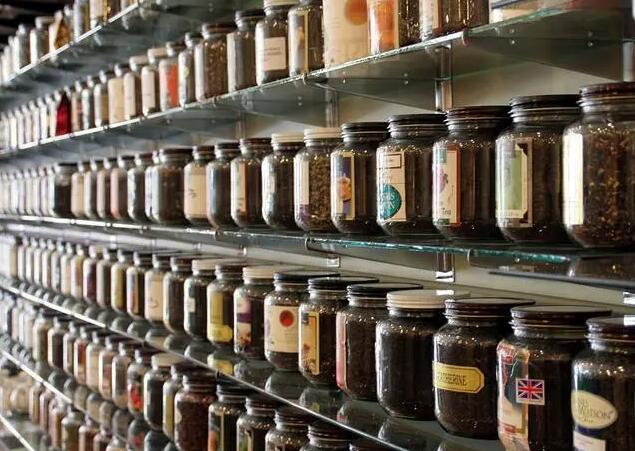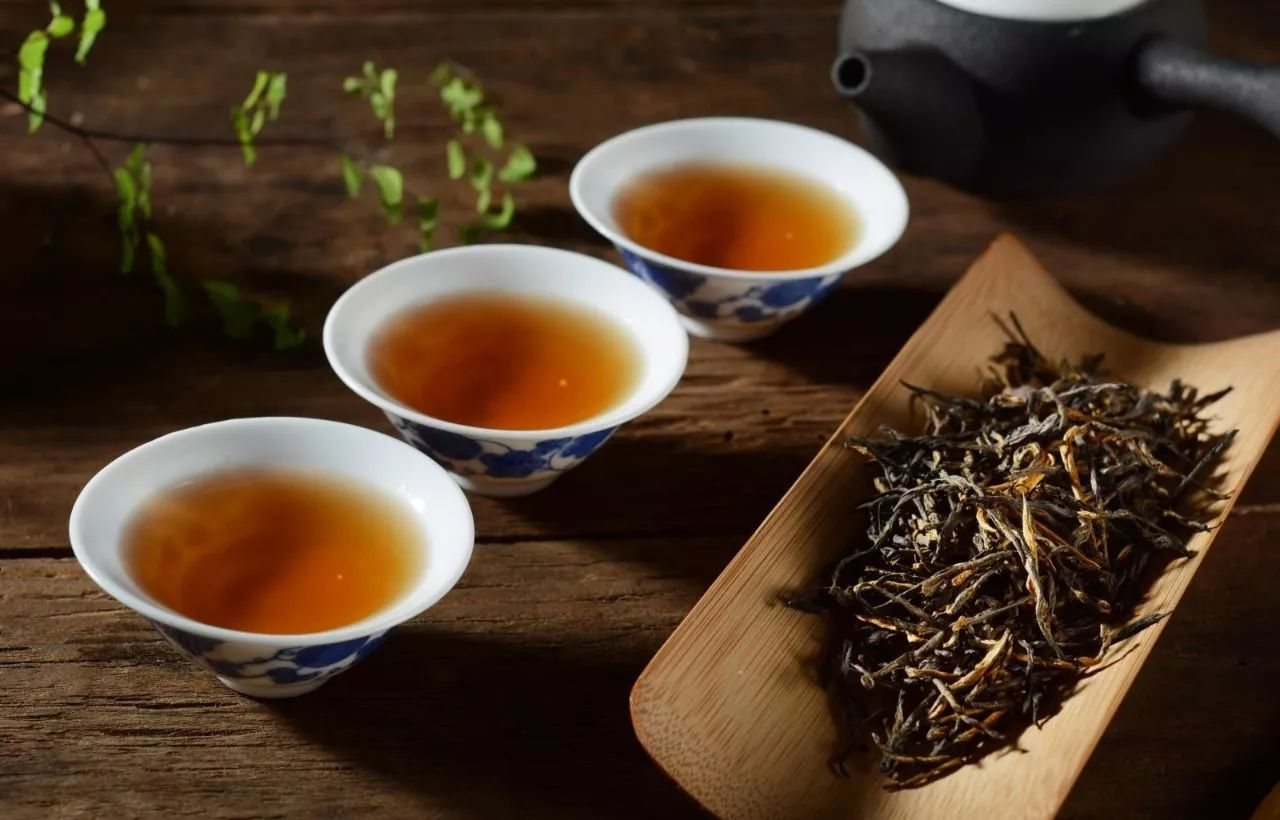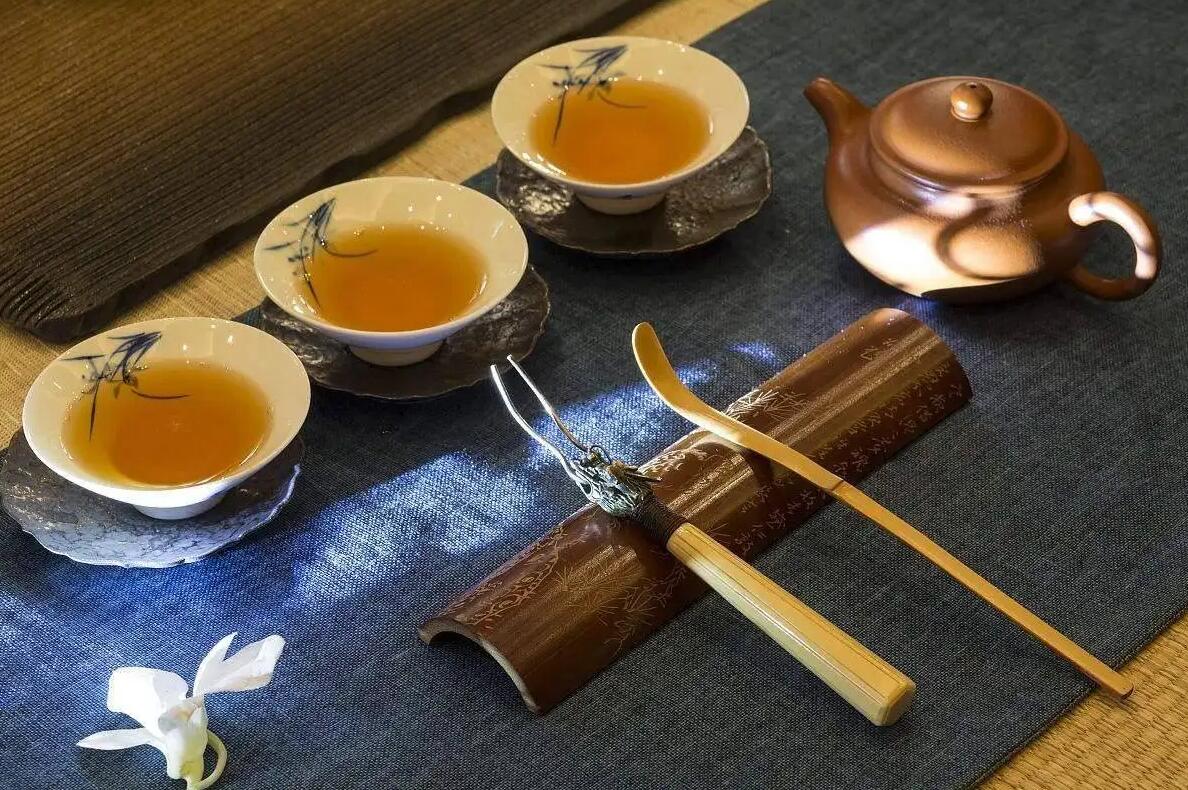Tea has a well-established place in Chinese medicine, where it is used for healing and holistic treatments along with other natural ingredients like lime blossom, chamomile and fennel.
As it happens, modem science supports the idea that tea can improve a person's health. Clinical studies in the United States, Asia, Japan and Europe have shown that green tea in particular is beneficial to human wellbeing. It can have a positive effect on the treatment of illnesses such as Alzheimer's and Parkinson's disease, as well as multiple sclerosis, cardiovascular diseases and various forms of cancer.
Of particular interest to medics is the substance EGCG (epigallocathechin-3-gallate), which is found in green tea. This is believed to prevent blood vessels from growing, which may inhibit the development of tumours. At this stage, the science behind this remains uncertain. But it seems as if there is some truth in the ancient faith regarding healing power of tea: perhaps the future will tell us more.
OTHER CONSTITUENTS IN TEA
Besides EGCG, tea contains various vitamins and minerals, including vitamin A, some vitamins from the B group, and calcium, potassium and magnesium. It also contains trace elements like copper, zinc and nickel, as well as fluoride. In addition, tea contains caffeine. The amount present depends on the leaves and processing method, as well as the location of the tea bush and the conditions under which it grows. The degree of oxidation also plays a part.
Caffeine from green and black tea is released differently in the body from the caffeine contained in coffee, because it is bound to secondary plant compounds. That means the caffeine is released in the intestine, rather than the stomach, giving a more moderate and longer-lasting effect.
Another ingredient in tea that resembles caffeine is theobromine. This is mildly stimulating and mood elevating, which may explain why a decent cup of tea does so much to lift the spirits.
ESSENTIAL FACTS
Real tea comes from the tea bush (Camellia sinensis/assamica).
Herbal, fruit and medicinal teas based on other types of plant are tea-like drinks, mostly called "infusions".
There are endless varieties of herbal infusions, such as chamomile, peppermint, verbena, lime blossom and sea buckthorn.
Rooibos, Honeybush, Lapacho and Mate are well-known herbal infusions from South Africa and South America.
Information about the healing properties of tea and infusion has been handed down through generations for many hundreds, if not thousands, of years.
Fruit infusions are available in a vast range of flavours and combinations, suitable for every time of day and season.
Classic or aromatised teas can be used for making iced tea, along with fruit and herbal infusions.
Important constituents of tea include: caffeine, vitamins, minerals and trace elements. The caffeine content of tea depends on a variety of factors.
The extent to which black and green tea stimulates the drinker depends on brewing time: it is said that black tea loses its stimulating effect after about three minutes of brewing, and green tea after two minutes.



